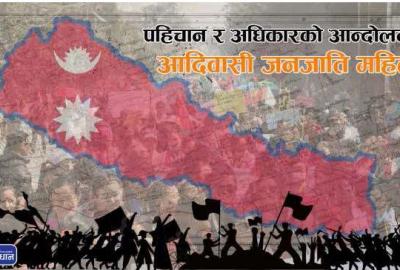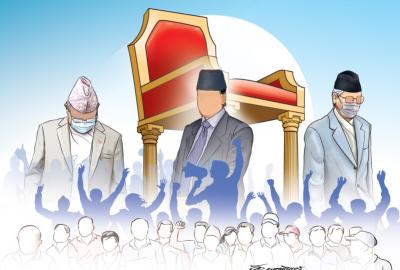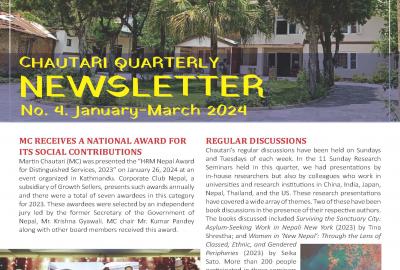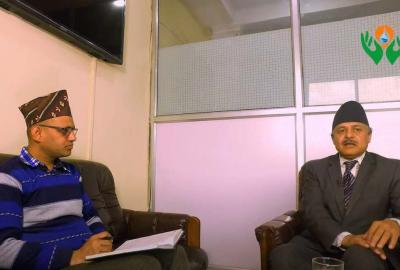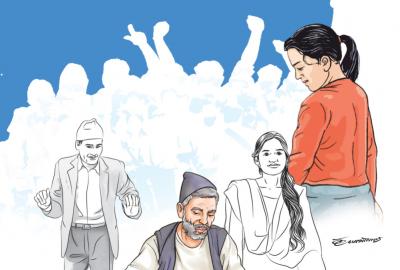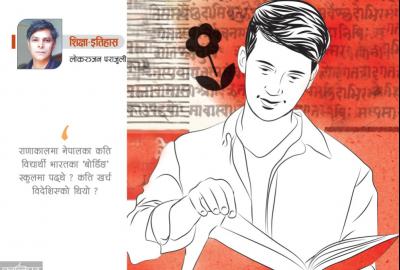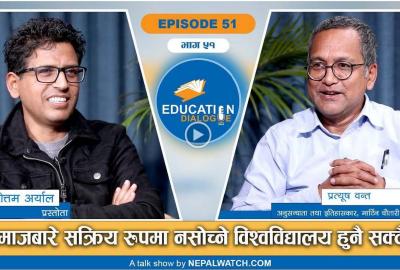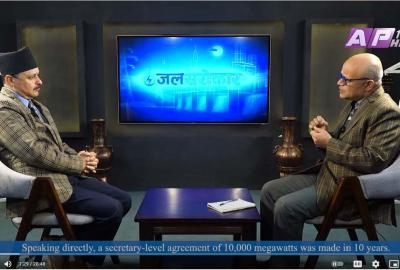Pratyoush Onta
There has long been a fascination with state-supported think tanks in Nepal. Most recently, the new government led by Prime Minister KP Sharma Oli has publicly announced that it is thinking of establishing a think tank under the prime minister’s office (PMO). Although the proposed location in the PMO is new, this is not the first time that our top political leaders have expressed their desire for such entities. For instance, just six years ago, the then Prime Minister Baburam Bhattarai led government announced that it will set up three separate think tanks related to security, strategic and foreign policy affairs. Reportedly, some office holders were appointed but these entities languished in the basement of Singha Darbur and never managed to show to the public even a small evidence of their existence.
The fascination with think tanks does not stop at the top political level. Middle level party politicians from the dominant parties have also been emphasising the need for such entities in their public writings or utterances. Beyond the political parties, columnists and journalists have been saying as much. Some even harbour ersatz nostalgia for entities that really did not do good work as think tanks during the Panchayat era.
I have no problem with this fascination. But some of its particular challenges are in need of a public scrutiny. But before we get to them we need to address some definitional issues and dispense with a myth.
At the existential level, think tanks can be defined as a particular type of formation present in the landscape of knowledge dispersion that have a special relationship with the day to day operation of polities. Speaking in the parlance of our politicians and bureaucrats, think tanks produce “useful” knowledge. Viewed this way, while the term “think tank” might have only come of use in the early decades of the 20th century, such entities have been part of historical polities of the previous several centuries as well. If you prefer a more functional definition appropriate for our times, it has been provided to us by several experts who have written on the subject. Take for instance, this functional definition by James G McGann and Richard Sabatini in their 2011 book Global Think Tanks: “Think tanks, which function as public policy research, analysis and engagement institutions, generate policy-oriented research, analysis, and advice on domestic and international issues, enabling policymakers and the public to make informed decisions about public policy issues.”
What about their institutional form and location? In their early avatars in the US (where think tanks proliferated first), they were institutionally autonomous and separate from the state and universities but after their proliferation worldwide, we now have a situation where think tanks are institutionally supported by governments (as state-owned “departments”), universities (as centres for policy research), political parties (as cells to incubate party positions on various themes), and non-government organisations and their networks (for thinking about and advocacy of specific issues). Hence as scholar Diane Stone argued in an important article in 2007, it is no longer “possible to conflate research brokerage function with organisation” and we now have a situation where “many hybrid forms of think tank” exist.
Now let me dispense with one dominant myth. In non-public meetings, I have heard several folks say that Nepal has not had think tanks in the past. Many institutions claiming to generate knowledge useful for policy purposes have existed in post-Rana Nepal. Some like the Centre for Economic Development and Administration (CEDA, founded in 1969) have been established with the backing of the state and Tribhuvan University. Others have been founded in the private and non-governmental sectors. Examples of such entities include New Era (1971), the Institute for Integrated Development Studies (1979) and many other organisations. If this is the case, why is the myth of the absence of think tanks circulating? There are several reasons but I will only mention one here: Apart from a few exceptions, we lack historically informed discussions and analyses of think tanks that have existed in the past, both the ones that worked effectively for some years and the ones that did not really have a functional life.
Now back to the functional definition given above and the associated challenges with respect to the operation of state-supported think tanks in Nepal. For reasons of space, let me only discuss three broad challenges. First, it is a well recognised fact among social science researchers that good policy-oriented research done by think tanks can only be built upon a large foundation of basic social science research done on the concerned (and related) subject or theme. In Nepal, such broad research is hardly promoted by the state. Proficient Nepali academics who are engaged in this work in our universities and academic NGOs are doing so not because of an enabling environment promoted by the state but because of their dedication to the concerned disciplines and research themes. If our state was interested in consolidating this broad base, it would have already established something like a Social Science Research Council by now to help (financially and otherwise) all kinds of research entities. Nepali academics have been demanding for such an entity for 45 years and the last serious report on the subject, written by a team formed by the Nepal government itself, has been languishing for the past four years. Without broad studies, short-term policy research cannot be very proficient.
Second, any research and related engagement, demands a logic of openness that is mostly missing in our political culture. This openness is related not only to mercilessly examining some party’s public position based on the data obtained from empirical enquiries by competent researchers, but also to the vertical hierarchies that structure our dominant parties. In a political environment dominated by strong party leaders who make all the decisions first and then have them rubber-stamped by their juniors, there is no intellectual space at present within our political parties for publicly critical reflexive policy-research. Valid public criticisms of party leaders, if made exceptionally, are brushed aside as the rumblings of deranged folks who have been reading “too many books.” Embedded in this absence is a credibility deficit where the public simply has no confidence that there is a commitment to an informed decision making process at work in our political parties and state machinery.
Third, there are the practical difficulties. In a political culture deeply immersed in the practice of bhagbanda, finding and retaining nonpartisan competent researchers to staff state-supported think tanks is no small challenge. Today’s nonpartisan competent researchers (yes, there are such individuals) have many options available for them in Nepal and elsewhere. Working in an intellectually closed environment is an option that is not so appealing to today’s fiercely independent minds. Hence, such state-supported entities are likely to be filled more with folks whose loyalty to the party in power is beyond doubt. Some such folks will have credentialed competence but many won’t.
Challenges are galore for state-supported think tanks in Nepal but I would love to be proven wrong. Even more radically, are Nepal’s political leaders open to the idea of abandoning their fascination with state-supported think tanks? Could they, instead, challenge existing Nepali knowledge producing institutions in the university, non-profit and private sectors to generate needed efficient policy research in the short and middle-term? That would be a loktantrik challenge worth pursuing. The author tweets @pratyoushonta
Source: https://kathmandupost.ekantipur.com/news/2018-03-31/think-tanks-challenges-to-tackle.html
